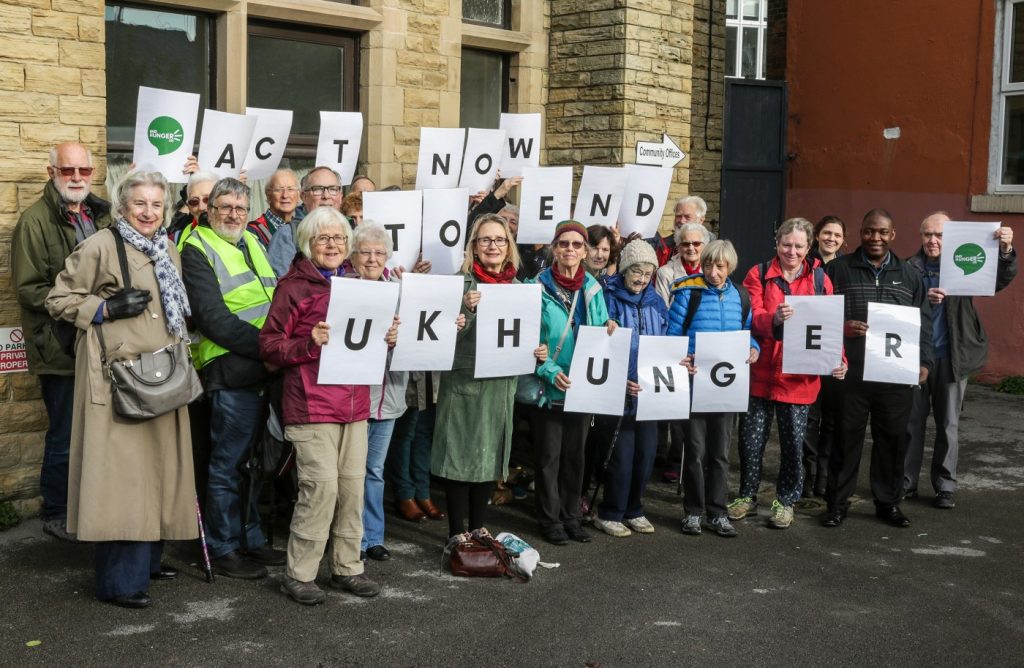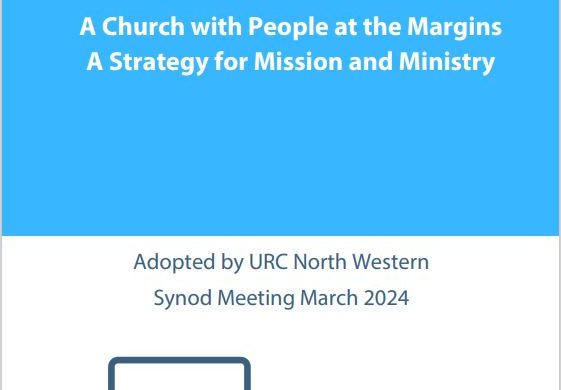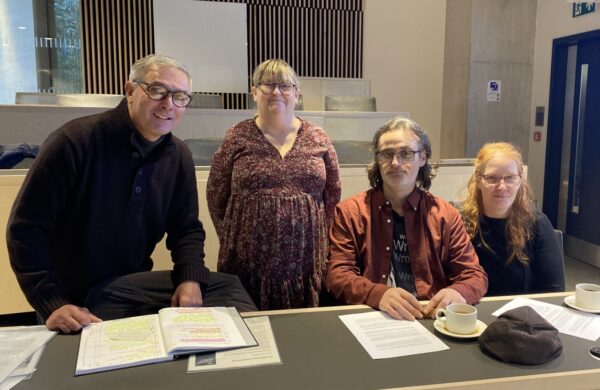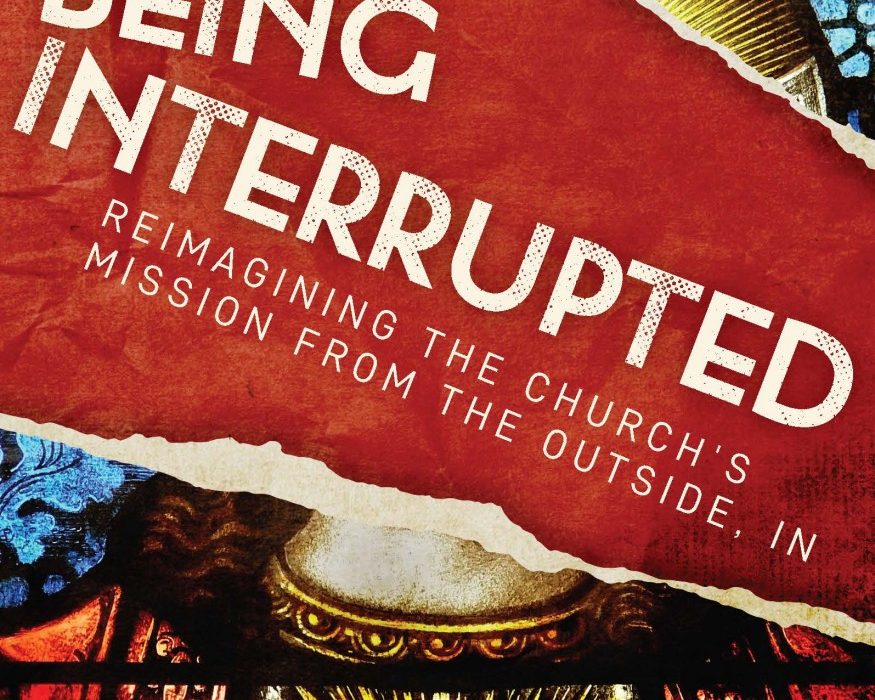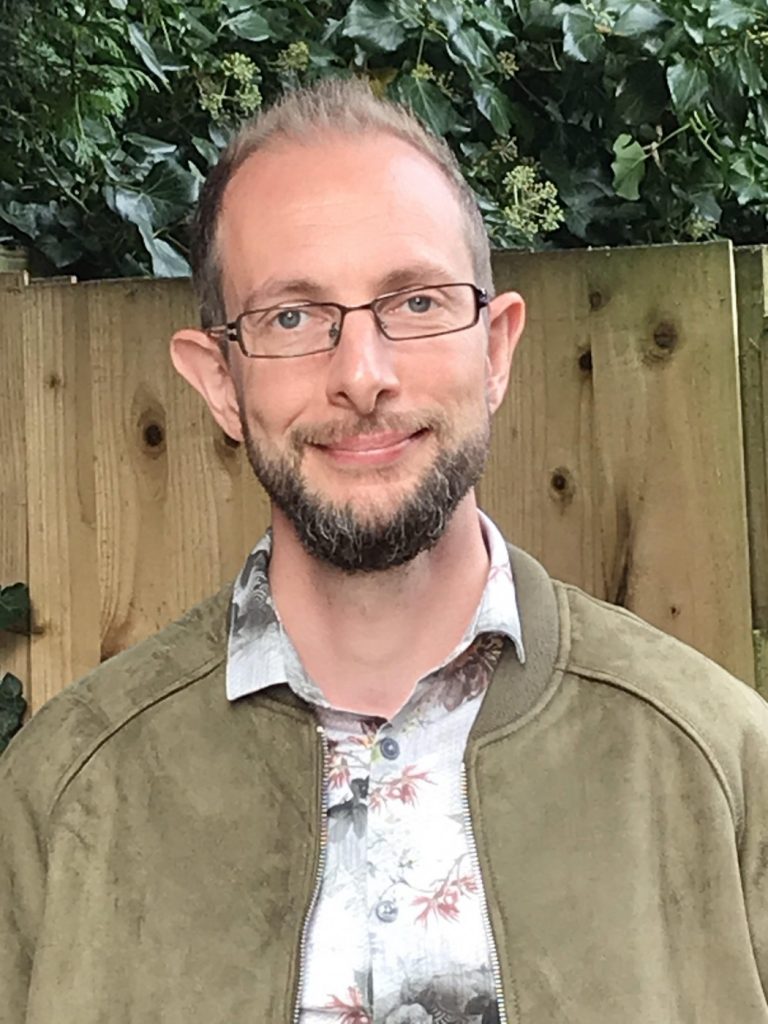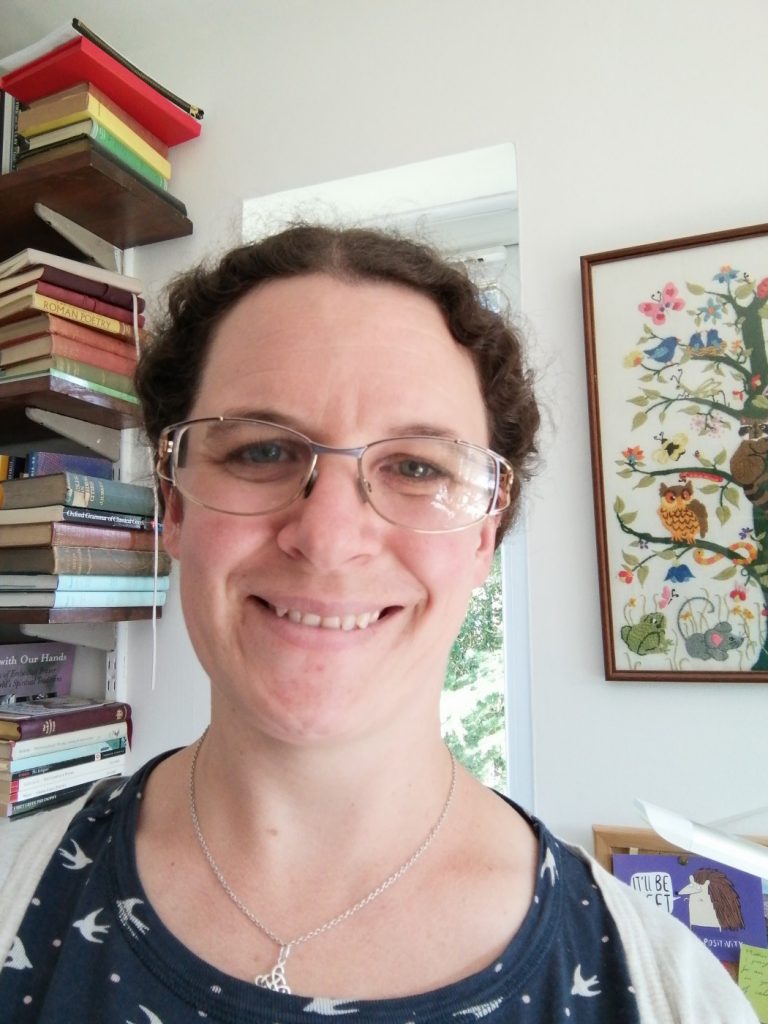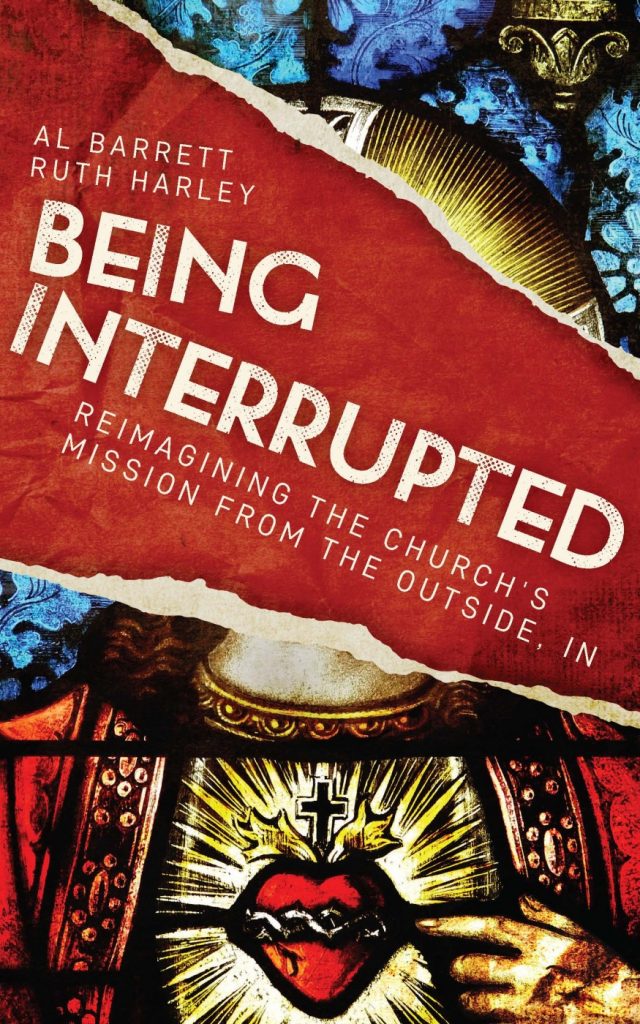During the Covid-19 pandemic, we have been rediscovering the gift of the doorstep as a place of connection. Food parcels have given an excuse to knock on a door, and a simple “how are you?” has sometimes opened up profound conversations about grief, anxiety, hope, community, and lots more besides. Those conversations, repeated over weeks and months, have in turn created and strengthened relationship which have allowed neighbours to come to together – even while remaining physically apart – in ways which have been transformative.
Where many might see ‘need’ or ‘deprivation’ we have found a wealth of compassion, connection and creativity
Here in Hodge Hill, we have been heavily influenced by the principles of Asset-Based Community Development, and have long been committed to seeking out and engaging with the gifts of our neighbourhood – the people, the connections, the spaces, the often under-appreciated talents and passions. It is here among our neighbours, as we have tried to approach with open hands and open hearts, that we have discovered abundance. Where many might see ‘need’ or ‘deprivation’ we have found a wealth of compassion, connection and creativity. During lockdown, this has expressed itself in new ways – in neighbours coming together to transform a shared garden, long neglected by the council; in people spontaneously putting tables outside their houses for anyone to donate food and other essentials, and anyone to take what they need.
We, the church, are profoundly shaped – formed and re-formed – by encountering our neighbours, and encountering God in our neighbourhood
In our book, Being Interrupted: re-imagining church from the outside in, we explore an alternative model of mission, which is rooted in our experience of this neighbourhood and the abundance we have encountered here. Rather than the conventional missional approaches of either ‘counting in’ or ‘giving out’, we want to propose an economy of mission which assumes that we, the church, are profoundly shaped – formed and re-formed – by encountering our neighbours, and encountering God in our neighbourhood. We want to ask what happens if we ‘reverse the flow’ and, instead of seeing worship as what equips us to go out and serve our neighbours, we see our encounters with our neighbours – and our experience of God in those encounters – as what equips us to come in and gather together all our experiences, encounters, stories, wonderings, questions and concerns in worship.
We can be tempted to see our neighbours as primarily lacking or needy, and ourselves primarily as useful, as having something to give
This approach relies, primarily, on genuine and equal relationships, which recognise our radical interdependence on our neighbours. Too often in contexts like ours, where there is a high level of material poverty, relationships become distorted. We can be tempted to see our neighbours as primarily lacking or needy, and ourselves primarily as useful, as having something to give. This dynamic we name as the temptation to the ‘power of the provider’, the need to be needed. It can be profoundly distorting of our understanding of both our neighbours and ourselves as fully human and fully – and mutually – interdependent. As we challenge this dynamic, we are seeking instead relationships of mutuality and hospitality, in which the boundaries between guest and host are blurred, and the power dynamics of philanthropic approaches to mission are challenged and dismantled.
Out of the mutuality of relationships which see each other primarily in terms of gifts to be cherished rather than needs to be met, new and sometimes surprising things can grow
The doorstep, we have found, is a powerful place for those encounters. It is – literally – a liminal space. It is a space where neighbours can encounter each other without an agenda. And out of those encounters, out of the mutuality of relationships which see each other primarily in terms of gifts to be cherished rather than needs to be met, new and sometimes surprising things can grow.
